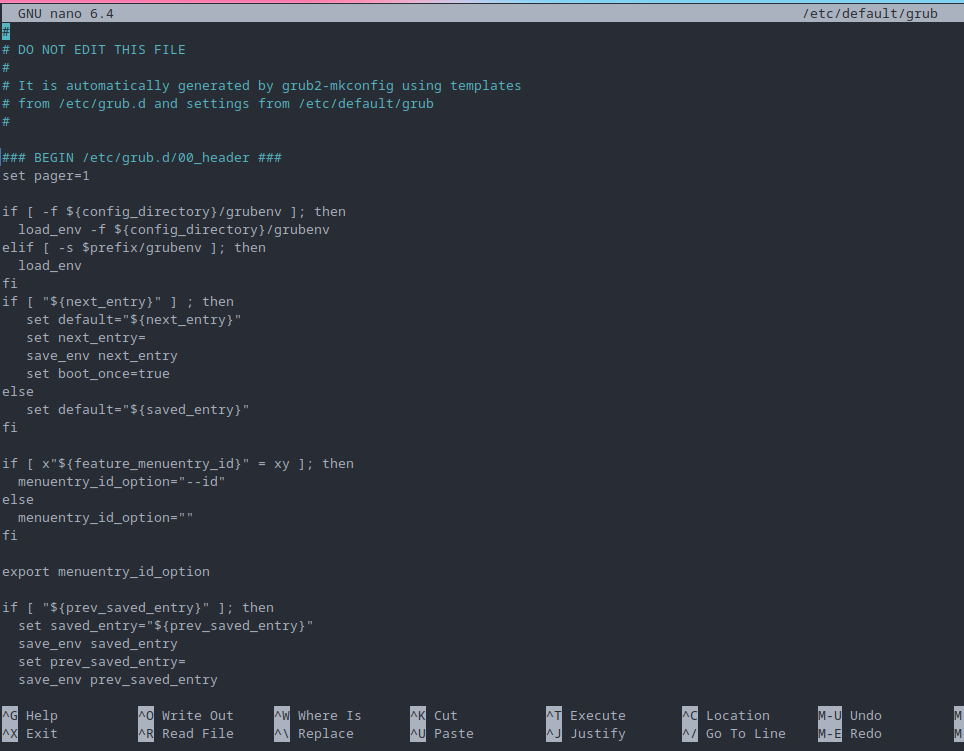this post was submitted on 25 Feb 2024
43 points (95.7% liked)
Linux
50319 readers
929 users here now
From Wikipedia, the free encyclopedia
Linux is a family of open source Unix-like operating systems based on the Linux kernel, an operating system kernel first released on September 17, 1991 by Linus Torvalds. Linux is typically packaged in a Linux distribution (or distro for short).
Distributions include the Linux kernel and supporting system software and libraries, many of which are provided by the GNU Project. Many Linux distributions use the word "Linux" in their name, but the Free Software Foundation uses the name GNU/Linux to emphasize the importance of GNU software, causing some controversy.
Rules
- Posts must be relevant to operating systems running the Linux kernel. GNU/Linux or otherwise.
- No misinformation
- No NSFW content
- No hate speech, bigotry, etc
Related Communities
Community icon by Alpár-Etele Méder, licensed under CC BY 3.0
founded 5 years ago
MODERATORS
you are viewing a single comment's thread
view the rest of the comments
view the rest of the comments

I agree with the general sentiment. Thank you for mentioning that!
Though, the use of
sudo nanomight still pose a risk if any software found on the system is either vulnerable/exploitable, not trusted, or simply exploitative. In that case, like what's achieved through sandboxing i.e. not allow the software to go beyond their intended scope, it makes sense to put a limit on the capabilities of the software. And to that effect, the use ofsudoeditstill offers merit oversudo nano.Though, if the user doesn't (already) rely on bubblejail, firejail, Flatpak etc for what they offer in sandboxing. And/or if said user simply doesn't care for the principle of least privilege, then the use of
sudo nanois perfectly valid.This isn’t a scenario I’m familiar with. How can I learn more?